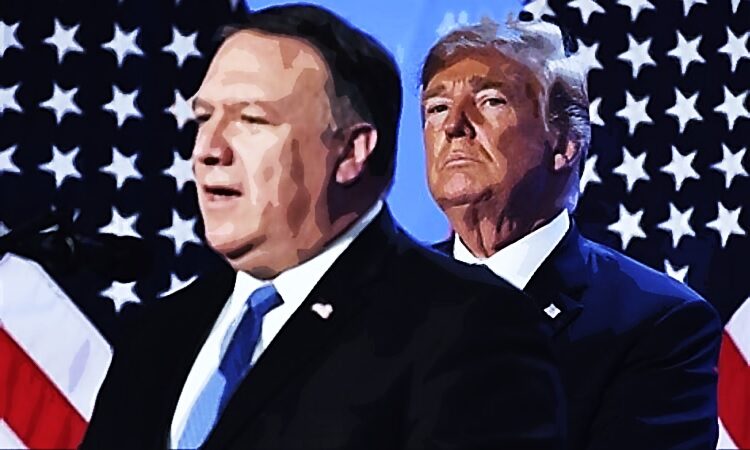Author: Sven Biscop | Egmont | Published 27 July 2020
US Secretary of State Mike Pompeo has called for an “a new grouping of like-minded nations, a new alliance of democracies” against China. The US has raised this idea before: in 2003, when it could not get its way from the UN Security Council, as an alternative format that could legitimise the invasion of Iraq.
Today, Washington is dissatisfied with the less than enthusiastic response of its NATO allies to its endeavour to shift the focus of the Alliance to China. For the European members of NATO, its raison d’être remains the deterrence of Russia. For the EU, which has been forging its own China strategy, the Trump administration has little sympathy anyway. In the light of China’s growing influence, Europe’s concern for its sovereignty has grown, but at the same time the EU has carefully distinguished itself from a US strategy that it sees as too confrontational.
By bringing together its European and Asian allies in a new “alliance of democracies” under American leadership, the US can hope to bring them into line with its own China strategy. Such a move would, however, be a further step towards dividing the world in two rival blocs, which is exactly what the EU should try to avoid. A new cold war, i.e. a mutual decoupling of the economies and systematically working against every initiative of the other side, would paralyse international politics and push the global economy into an even deeper recession than the coronavirus is already causing.
Just like in the Cold War, Europe would be a secondary actor to the US. An “alliance of democracies”, would be an alliance for the US, to further the American interest, to which the interests of its allies would inevitably end up being subordinated.
Just like in the Cold War, Europe would be a secondary actor to the US, but now in a secondary theatre, for the main act would now play out in Asia rather than in Europe. European and American interests greatly overlap, but they are not identical. The EU cannot trust the US to take care of Europe’s economic interests. More fundamentally, since the US wants to remain the undisputed number one, for Washington the rise of China is a problem per se. Not so for the EU: if, and only if, China respects the basic rules of the world order, Europe can live with the fact that China is a great power again.
An “alliance of democracies”, therefore, would not really be an alliance with the US – it would be an alliance for the US, to further the American interest, to which the interests of its allies would inevitably end up being subordinated…
Prof. Dr. Sven Biscop lectures at Ghent University and directs the Europe in the World programme at the Egmont – Royal Institute for International Relations in Brussels.
Read the full article (external link to Egmont website).

